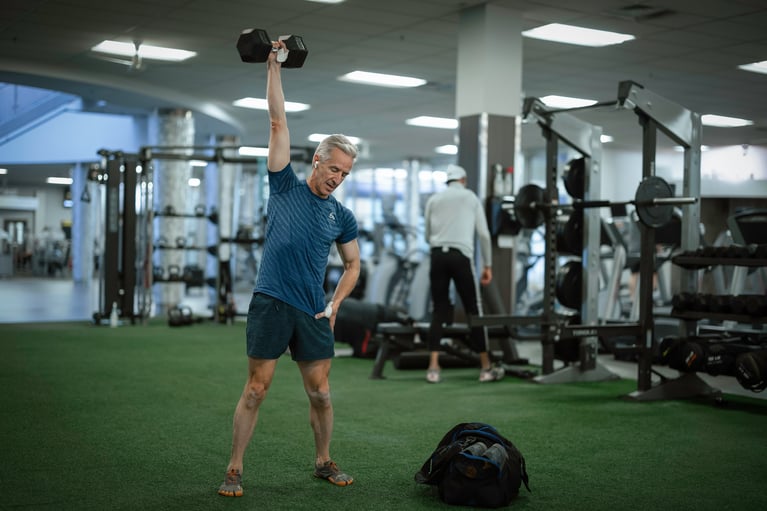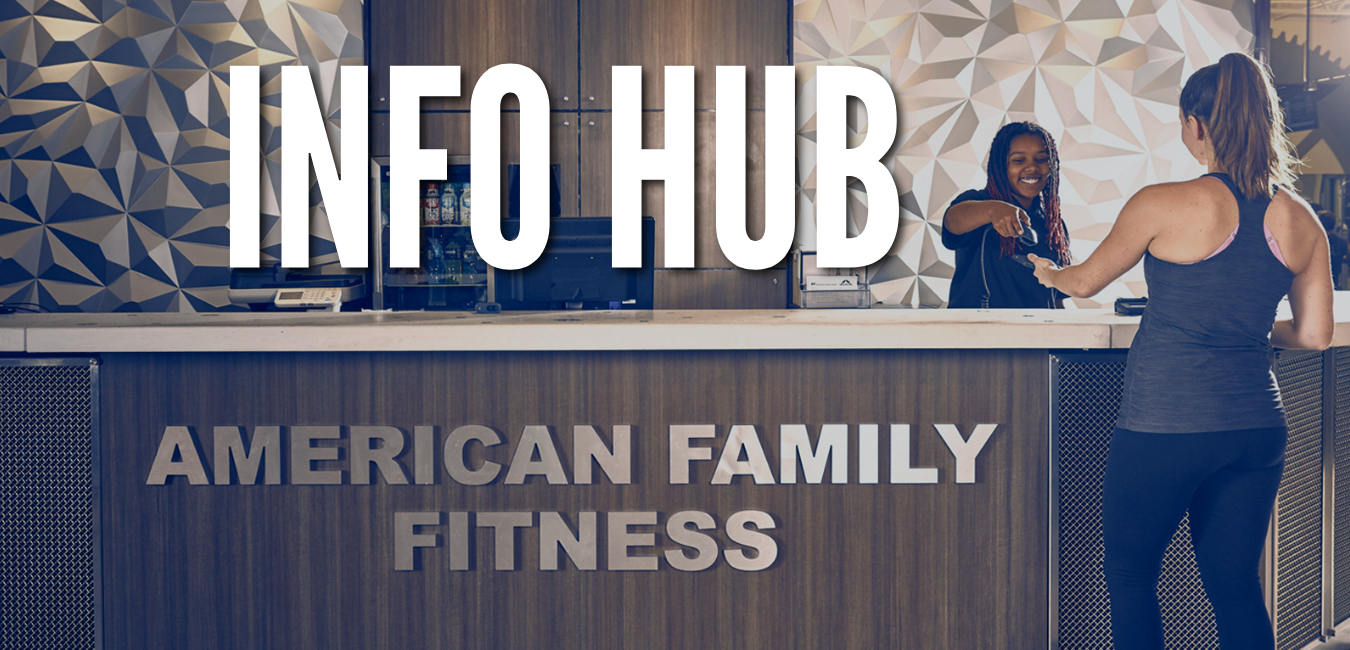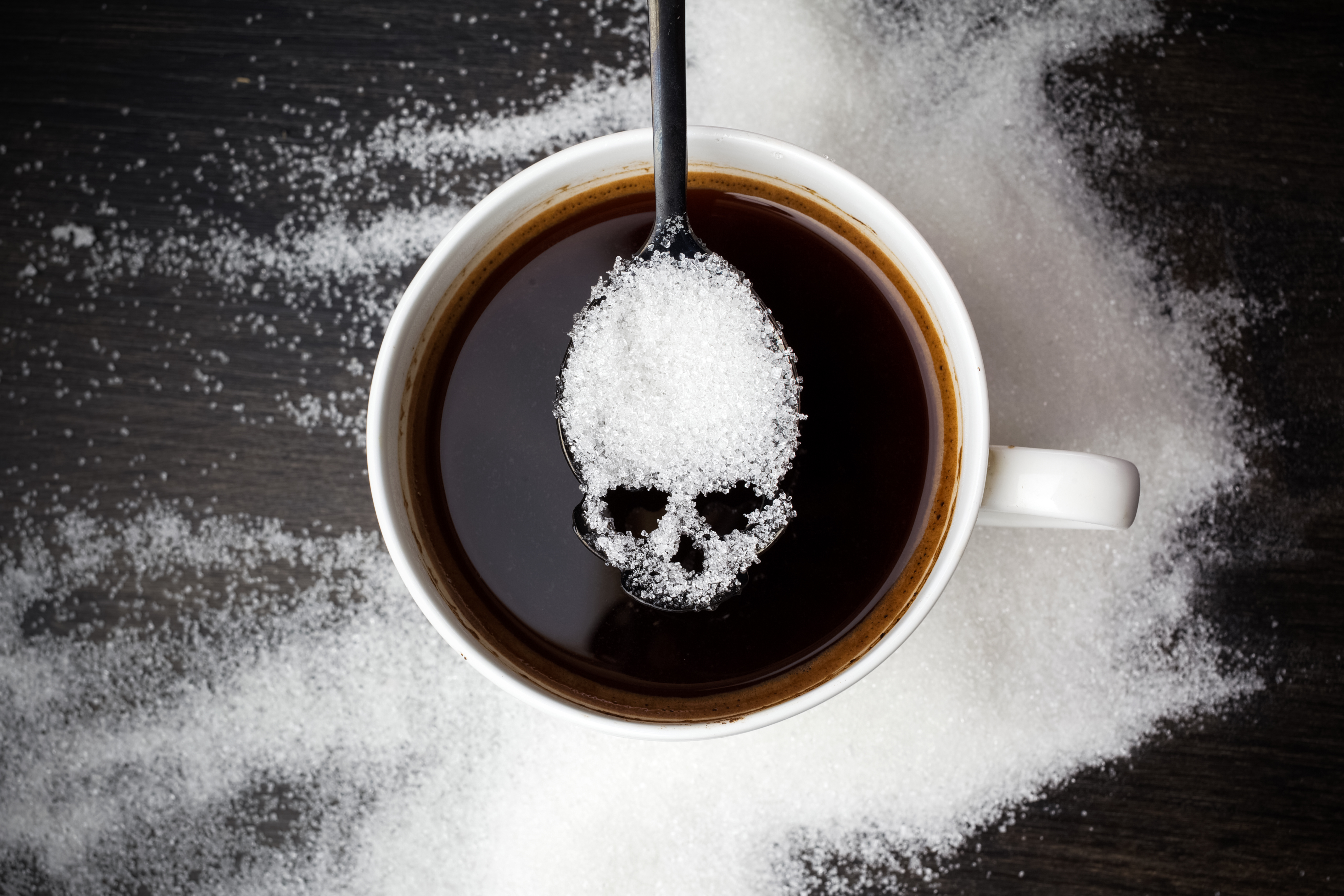
I often laugh at the responses I hear from people when I ask them, “what is a calorie?” Most of the answers that I receive are along the lines of “tiny creatures that live in your closet and sew your clothes a little bit tighter every night.” This sounds quite sneaky to me, but if this were true, there would be a long waiting list for pest control service nationwide. Am I right?!? Although this may not be a literal definition of a calorie, it appears that most people associate calories with weight gain, and rightfully so.
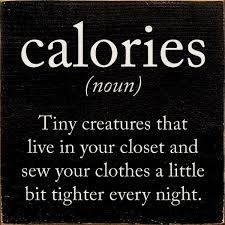
To put it simply, a calorie is a unit of energy released by food as it is digested and absorbed by the body. When you eat more calories than you need, your body is likely to store those extra calories as body fat. So contrary to popular belief, calories do not cause an individual to gain weight per se. Rather, it’s the accumulation of “excess calories” that increase the size of our fat cells to the point where we struggle to squeeze into our jeans or compel us to invest in a pair of spanks (or three or four).
It may be fair to say that we tend not to think about how many calories we consume in a day until our waistline increases or we receive a poor health status report from our physician. We may think to ourselves, “I eat healthy, why am I gaining or not losing weight.” The fact of the matter is we are not always conscious of the number of calories that are in the foods we eat, especially those we consider healthy.
Several studies indicate that people misreport their caloric intake. One particular study, conducted by the New England Journal of Medicine, reports that people underestimate their caloric intake by an average of 10–20%. Moreover, the foods they tend to forget about are some of the most calorically-dense, such as fat and simple sugars. Let’s identify and explore how to avoid those “sneaky calories” that may be undermining our progress towards health and fitness goals.
What are you putting in your “Cup of Joe?
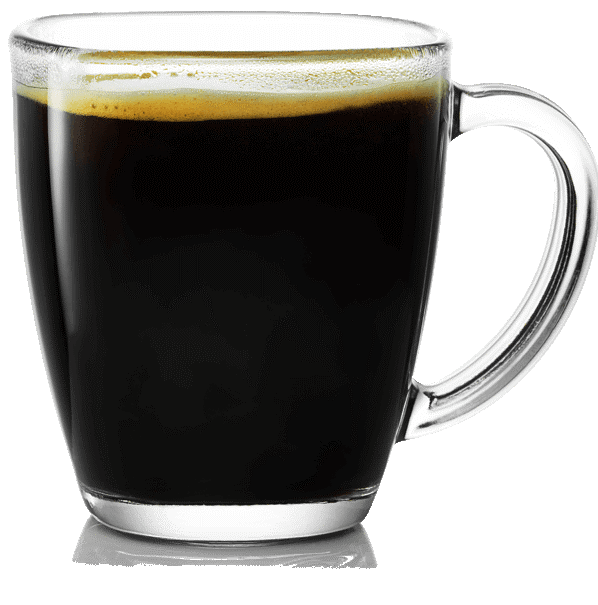
Are you one of those individuals who partake in a “Cup of Joe” as a daily ritual? Well, you’re not alone. According to the National Coffee Association, 64 percent of Americans drink at least one cup of coffee every day. There’s nothing wrong with that. In fact, consuming moderate amounts of coffee a day can potentially lower the risk of several chronic diseases. However, many people prefer to add cream, sugar, or specialty syrups to their coffee. These add-ins may seem harmless, but they are high in calories and depending on the amount, can contribute an estimated 50 – 300 calories to your total daily caloric intake. Coffee may be beneficial for your health, but it can certainly pad your waistline if add-ins are not accounted for. I recommend grabbing your measuring spoons and reduce portions gradually as necessary.
Everyone Loves Avocados?
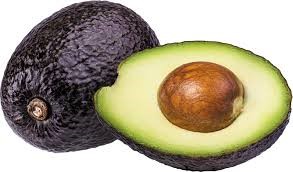
Everyone loves avocados, and for a good reason. In addition to being delicious and extremely versatile for cooking, avocados contain a chock full of essential nutrients, such as healthy unsaturated fats, fiber, potassium, and vitamin K. Avocados are one of the few fruits that are high in fat and low in sugar, making them a popular go-to food among the Keto community. However, if you’re finding yourself at a weight plateau, you may be consuming a heartier portion than you think.
According to the USDA National Nutrient Database, one-fifth of an avocado equates to one serving, which contains 64 calories and 6 grams of fat. If you are one of those people who enjoy large quantities of avocado toast, guacamole, avocado salad, avocado scrambled eggs, avocado wraps, and avocado smoothies, you may be consuming 5 – 10 times the amount than you believe. Possibly take a hard look at whether you are having an avocado love affair, and consider downsizing your portions, allowing you to reap the benefits of this wonderful superfood.
Are you Nuts about Nuts and Nut Butters?
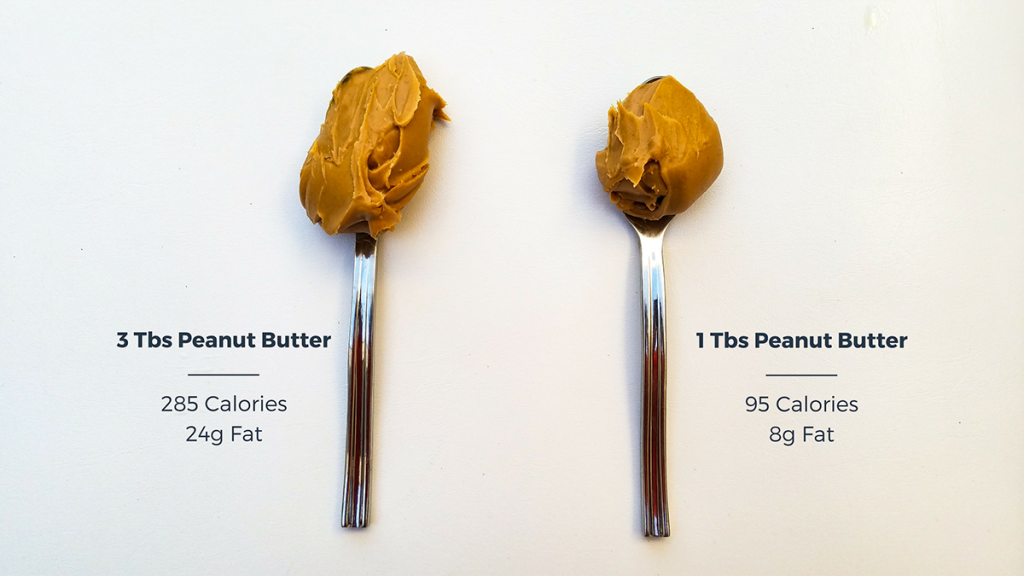
Similarly, to avocados, nuts are packed with healthy fats and fiber, all of which support heart health. Nuts also contain a respectable amount of protein, which promotes the feeling of fullness. Research even suggests that eating nuts can reduce the risk of weight gain due to its satiating properties. Although nuts are nutrient-dense, they are calorie-dense, which means that they contain more calories per ounce compared to other foods and can cause you to gain weight in a “Jiffy!” Therefore, it would behoove you to know what a serving size looks like. This can be tricky because the serving size for nuts varies. For instance, 24 almonds equal one serving, whereas 8 walnut halves equal one serving. It is best to measure out 1-ounce or ¼ cup portions or stick to a medium-sized handful.
Condiments, Sauces & Syrups, Oh My!
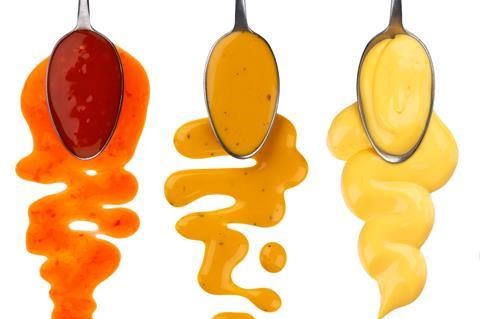
Who has fries without ketchup, a turkey sandwich without mayo, or pancakes without maple syrup? If you are like most people, you want to enhance the flavor of your food. Even if you adhere to the recommended serving size of a condiment, sauce, or syrup, you can easily add several hundred calories to your day. If you are watching your calorie budget, it may be helpful to opt for reduced-calorie or “no sugar added” products such as mustard, horseradish, salsa, and balsamic vinaigrette.
Check out the calorie content of some commonly used items to enhance the flavors of our foods (2 Tablespoons servings):
Ketchup – 40 calories per serving
Barbeque Sauce – 60 calories per serving
Mayo – 190 calories per serving
Light Mayo – 70 calories per serving
Ranch Dressing – 140 calories per serving
Maple Syrup – 100 calories per serving
Honey – 130 calories
Alcohol
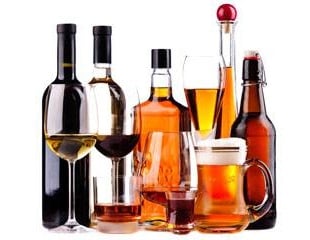
Drinking alcohol has been a favorite pastime of humans since the beginning of time. It is safe to say that alcohol can be beneficial or detrimental to health. Moderate consumption of alcohol can possibly protect you against developing or even dying from complications of heart disease and type 2 diabetes. However, alcohol contains a lot of non-nutritional calories that, when consumed excessively, can result in massive weight gain and other chronic health conditions. Apparently, the dose is the poison. Additionally, drinking alcohol can lower your inhibition and disrupt how you typically control your eating, which may lead to additional snacking. If you are aiming to tighten up your mid-section, consider limiting your alcohol intake to no more than one drink for women and two for men a day.
Examples of one drink include:
Beer: 12 fluid ounces
Wine: 5 fluid ounces
Distilled spirits (80 proof): 1.5 fluid ounces
Mindless Eating

Are you guilty of eating your breakfast in the car, eating while watching tv, taste-testing while cooking, or eating the left-overs off your loved one’s plate? Mindless eating may be the greatest factor sabotaging your progress. Taking bites here or there is the easiest way to pack on the pounds because you do not consider them to be an actual meal or snack. The next time you have the urge to bite, nibble, or taste some food, ask yourself whether you were prompted to eat due to a visual cue, or are you truly physically hungry. Determine whether the extra bites of food support your goals.
Summing It Up
It’s easy to understand why a lot of people find it challenging to see a downward trend on the scale or an improvement in their body composition when they are unable to grasp the concept of calorie awareness. Our best line of defense, helping us to be successful in these areas is to make a solid effort in measuring and tracking our food. This includes beverage intake as well as practicing mindful eating. You won’t need to measure and keep a log forever, but it’s helpful to have an idea of what “Right looks like.” This allows you to be able to eyeball accurate portions in the future.
It might not be as simple as calories in versus calories out, but calorie awareness is still our best defense against an obesogenic environment that encourages us to overeat.


Diahnn Thompkins, MS, CSSD, RDN
Diahnn is the Registered Dietitian at the Williamsburg American Family Fitness location. She holds a Bachelor of Science Degree in Exercise Science from Pacific Lutheran University and a Master of Science Degree in Nutrition and Dietetics from Marywood University. She is also a graduate of the Eating Disorder Institute at Plymouth State University.
Diahnn’s coaching philosophy involves mastering the art of continuous improvement by striving to be 1% better each day. She enjoys helping people develop a “doers” mentality and practice behaviors that positively impact health, support fitness goals, and meet lifestyle demands.
Diahnn has a diverse professional background, which includes serving in the U.S. Army, where she spearheaded several Physical Training programs. She worked as the Campus Dietitian at Plymouth State University which allowed her the opportunity to work with various wellness organizations, athletes, as well as faculty and staff. As an Adjunct Professor at the university, she teaches Applied Nutrition to Health and Human Performance Majors. She also has experience working in Diabetes Management and Cardiac and Pulmonary Rehabilitation settings. Diahnn’s additional accreditations include Certified Specialist in Sports Dietetics (CSSD), Lifestyle Eating and Performance (LEAP) therapist, and Mindful Eating facilitator.
Diahnn’s favorite past time is running road races, training for a physique competition, and dancing.
Nutrition appointments with Diahnn are available at Williamsburg on Tuesday evenings, and Wednesday and Saturday mornings. She is looking forward to meeting you!
Article contributed by amfamfit




